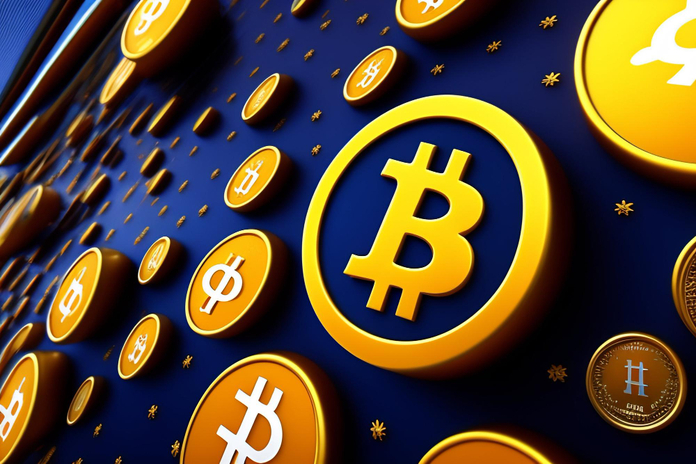The role of Iran Bitcoin sales in funding its military ambitions has once again come under scrutiny amid rising geopolitical tensions. A controversial claim by investor Mike Alfred alleges that Iran is rapidly offloading Bitcoin—allegedly obtained through cyberattacks—to finance its missile programs and nuclear infrastructure. While dramatic, the accuracy and implications of this claim are far from straightforward.
Bitcoin and the Nobitex Hack
The allegations surfaced shortly after a high-profile hack of Nobitex, Iran’s largest cryptocurrency exchange, on June 18, 2025. The attackers stole over $90 million in digital assets, including Bitcoin (BTC), Ethereum (ETH), Dogecoin (DOGE), and other altcoins. The group responsible, Predatory Sparrow, is widely believed to have ties to Israel and claimed responsibility as a political act rather than a financial heist.
In a surprising move, the hackers didn’t liquidate the stolen funds. Instead, they transferred the assets into burner wallets—wallets without private keys—effectively destroying the crypto and rendering it inaccessible. Their message was clear: the goal was to disrupt Iran’s crypto-based financial infrastructure, not profit.
This directly contradicts Alfred’s assertion that Iran is selling stolen crypto to fund warfare. In fact, the Nobitex hack represented a significant financial blow to Iran, not a gain.
How Much Bitcoin Does Iran Actually Have?
While the Nobitex hack doesn’t support the narrative, Iran’s broader engagement with cryptocurrencies is well-documented. Facing heavy U.S. sanctions, the Iranian regime has turned to Bitcoin mining and crypto transactions as a workaround for accessing global financial systems.
Iran’s mining operations are believed to generate upwards of $1 billion in Bitcoin annually. However, the exact size of the Iranian government’s crypto reserves remains unclear. The decentralized nature of blockchain makes it difficult to trace national holdings unless wallets are publicly identified.
Even if Iran were to dump a significant portion of its BTC holdings, the global impact on the crypto market would likely be limited. With daily trading volumes for Bitcoin routinely exceeding $20 billion, the market has the depth to absorb such transactions with minimal price disruption.
War and Crypto as a Financial Escape Hatch
Following Iran’s recent missile attacks on U.S. military installations in Qatar, analysts are watching closely for financial movements. Historically, military escalation has prompted a surge in crypto activity out of Iran. This includes both institutional actors and civilians seeking to shield themselves from sanctions, inflation, and a weakening national currency.
Platforms like Nobitex have played a crucial role in this financial escape. Billions of dollars in crypto transactions have passed through Iranian exchanges, largely out of view from international regulators. In times of crisis, Bitcoin becomes both a tool for evasion and a hedge for average Iranians.
This dynamic has prompted concern among Western governments, who view such activity as a breach of international sanctions. As tensions rise, scrutiny of exchanges and wallet activity linked to Iran will likely increase, potentially resulting in further restrictions or legal action.
The Market Impact of Iran Bitcoin Sales
If Iran chooses to liquidate a portion of its crypto reserves, the immediate market effect would probably be temporary volatility rather than a crash. With an estimated $1 billion in annual crypto-based revenue, Iran’s sales would represent a small fraction of global trading volumes.
However, the real concern is not market movement—it’s the regulatory and geopolitical fallout. Nations and exchanges could face pressure to identify and block Iranian-linked transactions. Sanctions enforcement could expand to cover crypto infrastructure, affecting how global exchanges operate.
Bottom Line: More Hype Than Harm?
While Iran Bitcoin sales are a valid area of concern, claims that they will crash the crypto market or suddenly fund a new arms race are exaggerated. The bigger issue is the geopolitical attention it draws. Western governments may clamp down harder on crypto channels that allow rogue states to circumvent sanctions.
For now, the blockchain community—and global financial markets—would do well to separate verifiable fact from speculative fear. The focus should remain on transparency, compliance, and the role of crypto in an increasingly complex world stage.
Featured Image: Freepik




